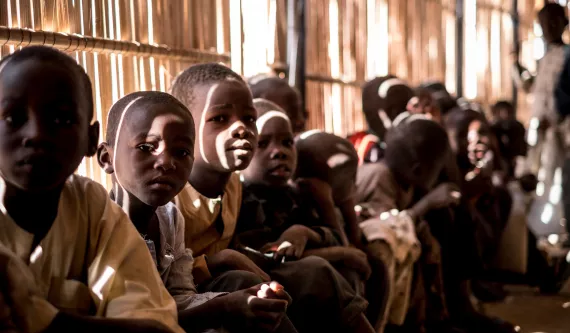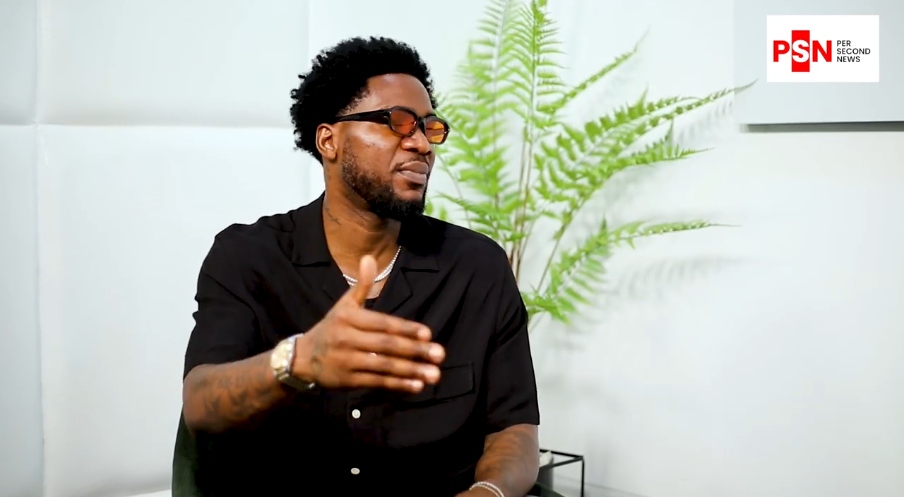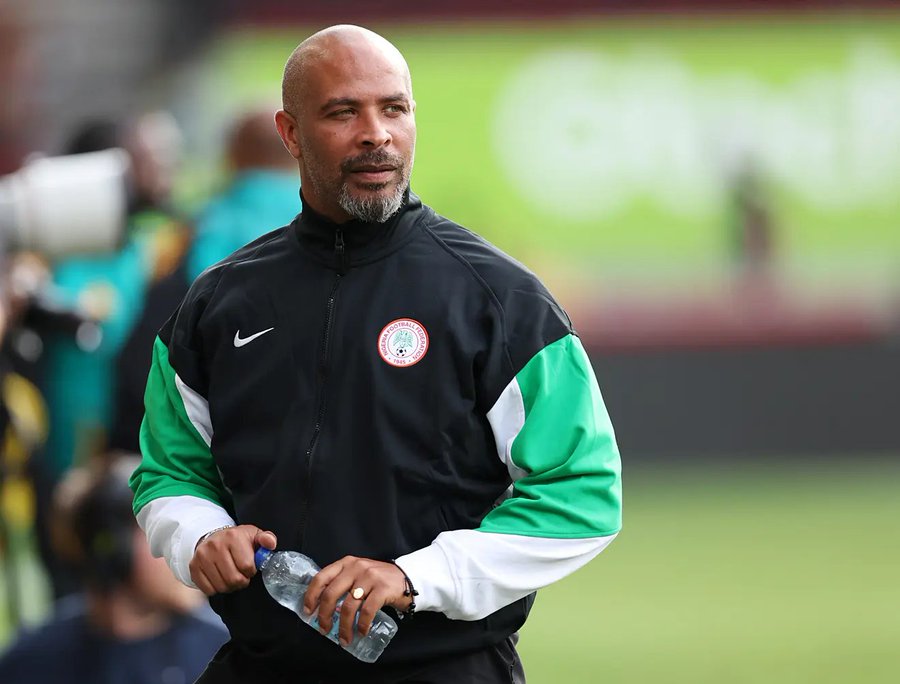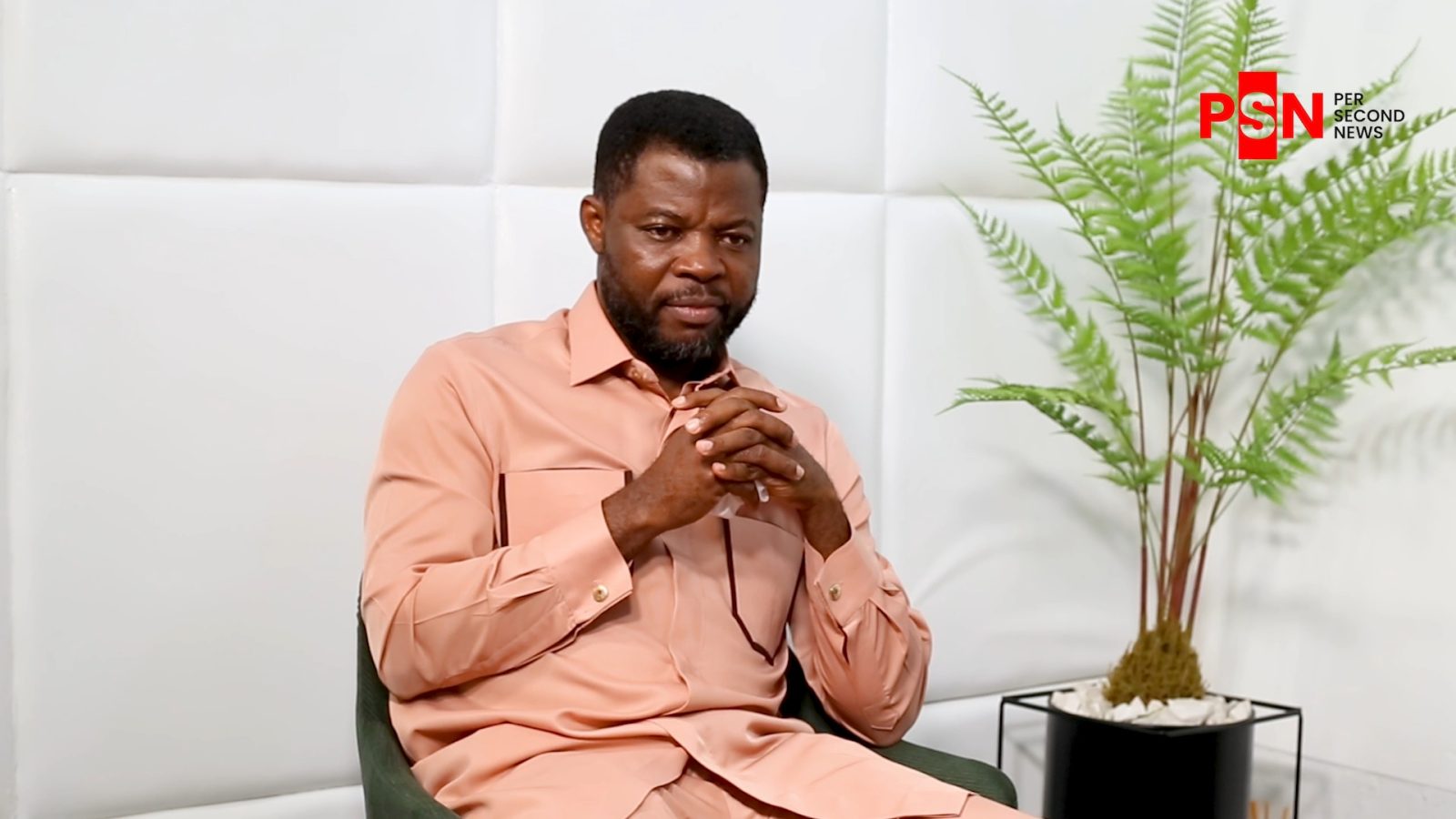On April 14, 2014, the Boko Haram insurgents kidnapped about 276 schoolgirls from a secondary school at Chibok in Borno State, northeastern Nigeria, marking a sad commentary on the nation’s educational and political history.
Following discussions and campaign efforts, the government freed some of the girls, but several managed to escape.
Nevertheless, more than 100 of the girls remain in captivity despite efforts to free them, and at least 16 of them have perished.
There has been a noticeable increase in targeted attacks on schoolchildren in Nigerian educational institutions since the startling kidnapping some 10 years ago.
Boko Haram abducted 344 students from the Government Secondary School in Kankara, Katsina State, in another horrific raid on December 11, 2020.
Terrorists also kidnapped about 112 students and 8 teachers from the Federal Government College (FGC) in Birnin Yauri, Kebbi State, on June 17, 2021.
On July 5, 2021, the Kaduna-Kachia highway saw the kidnapping of 121 students from Bethel Baptist High School in Damishi, Chikun Local Government Area, Kaduna State, while Boko Haram also kidnapped 276 students from Government Girls Technical College in Dapchi, Yobe State, in February 2018.
Despite the release of the other abducted students from the school, Leah Sharibu, a 14-year-old, still remains in captivity.
Additionally, bandits from Salihu Tanko Islamiyya School kidnapped over 130 students from Tegina, a community in the nearby Niger State, on May 24, 2021.
The most recent round of school kidnappings happened on March 7, 2024, when more than 100 bandits broke into a school in Kuriga town, in the Chikun local government area of Kaduna State.
Shortly after the students’ daily assembly, the bandits abducted 287 students: 100 from the primary school and 187 from the secondary school. The school’s basic and secondary sections were merged years ago due to the increasing level of instability in the neighbourhood. Since then, the bandits have increased their demand for their release to N1 billion.
After the kidnapping in Kuriga, gunmen broke into a boarding school in Gidan Bakuso village, Sokoto State, two days later, about one in the morning, kidnapping fifteen children from the dormitory while they slept. Before the security personnel could reach them, the bandits ran away.
A rise in the frequency of school-related abductions has resulted in extended school closures, a drop in student enrollment, and an increase in the number of out-of-school children in certain states. Millions of youngsters in Nigeria are losing out on their fundamental right to an education as a result of the country’s severe educational crisis.
The Teachers’ Registration Council of Nigeria (TCN) released a report stating that between 2009 and 2022, there were over 2,295 documented attacks that resulted in teacher deaths, over 19,000 teacher displacements, over 1,500 school closures, and 910 school destructions due to insecurity.
OOSC is rising in northern Nigeria due to insecurity
With one in five of the world’s out-of-school children living there, Nigeria has one of the highest rates of out-of-school children worldwide.
According to a recent report by Isa Sanusi, the Director of Amnesty International in Nigeria, kidnappings are “a major driver of the withdrawal of children from schools in northern Nigeria.”
“No parent wants to go through the horror of having children abducted by ruthless gunmen on and off; schools are closed due to security concerns, and the children end up missing out on education.
“Because girls are usually raped when abducted, many girls have been withdrawn from schools and married off at an early age,” he added.
Reacting to the recent abduction of students in Kuriga, former lawmaker, Mr. Shehu Sani, wrote on X: “The kidnapping of schoolchildren by terrorists in Northern Nigeria is a lucrative business. They use it to blackmail the government for a huge ransom. They know it will evoke public sympathy for the pupils, and pressure will be mounted on the government to bow to their demands. Many parents in rural areas are now afraid of allowing their children to go to school. This is a serious problem for basic education in Northern Nigeria.“
In early 2023, the United Nations Children’s Fund (UNICEF) estimated the total number of OOSC in Nigeria to be 20.2 million, doubling the 10.5 million figures previously quoted for years. Even though primary education is officially free and compulsory, about 10.5 million of Nigeria’s children aged 5–14 are not in school; only 61 percent of 6–11-year-olds regularly attend primary school, and only 35.6 percent of children aged 36–59 months receive early childhood education, UNICEF added.
In the northern part of the country, the OOSC situation is dismal, as they account for over 60 percent of OOSC. In north-eastern Nigeria, 2.8 million children are in need of education-in-emergency support in three conflict-affected states: Borno, Yobe, and Adamawa.
At least 802 schools remain closed in these states, with 497 classrooms listed as destroyed and another 1,392 damaged but repairable.
Data released by UNICEF showed that northern states such as Kebbi, Sokoto, Yobe, and Zamfara consistently have the highest number of out-of-school children. The international organization identified insurgency-induced insecurity in the region as a major culprit.
The Nigeria Multidimensional Poverty Index (NMPI) 2022 also revealed that five northern states, with Kebbi leading at 67.6 percent, Sokoto at 66.4 percent, Yobe at 62.9 percent, Zamfara at 61.3 percent, and Bauchi at 55.7 percent, had over 50 percent of OOSC aged 6–15.
Other states like Gombe followed closely with 48 percent, Katsina at 45.9 percent, Niger at 42.8 percent, and Kano at 39.2 percent.
Kaduna State, which has witnessed a number of attacks on schoolchildren, including the latest one in Kuriga on March 7, has seen an increasing number of OOSC as the years pass by.
Recent statistics show that the state currently has over 680,000 OOSC as a result of insecurities resulting in the displacement of thousands of people from their homes, which has also rendered many children out of school.
Many of the schools in some local government areas are either closed or have no teachers, while in some areas the pupils are scared to go to school, and many of the schools have also been moved to other locations that are far from the communities, resulting in more out-of-school children.
Data from the Kaduna Bureau of Statistics, sighted by Persecondnews, shows that Chikun LGA of Kaduna, before the recent March 7 abduction, has been a hub of insecurity in the state.
High levels of insecurity in the LGA prevent access to many wards. In spite of the 259 government primary schools, 24 junior secondary schools, and 18 senior secondary schools in the LGA, there are over 4,791 OOSC in the area.
Speaking on the effects of the increase in targeted attacks on school children, especially in the North, UNICEF Nigeria Chief of Communication, Advocacy and Partnerships, Rajat Madhok, in a exclusive chat with Persecondnews said Parents may not send their children back to school if the risk of abductions remains.
“The trend is likely to increase the number of out-of-school children in Kaduna and, by extension, in the North. Parents may not send their children back to school if the risk of abduction remains.
“Also, it’s not easy to get children back to school after such incidents. Parents are concerned about the safety of their children, and many children, especially girls, refuse to go to school. We must take all necessary steps to guarantee the safety of students in schools.
“This will include providing maximum security to schools, a secured learning environment, providing alternative learning platforms, providing mental health and psychosocial supports, etc. It also requires governments at the federal and state levels to implement the Minimum Standards for Safe Schools,” he explained.
Conclusion
With this growing trend of insecurity and hostage-taking of children, getting schoolchildren back to school after a kidnapping or attack on their school or neighbouring schools may be a herculean task.
With these recent developments, the figure is likely to increase if nothing is done to end the spate of abductions in schools, particularly in the North.
























Leave a comment